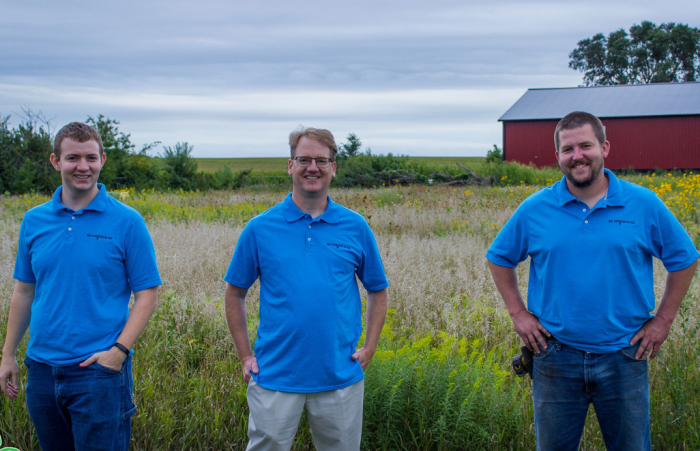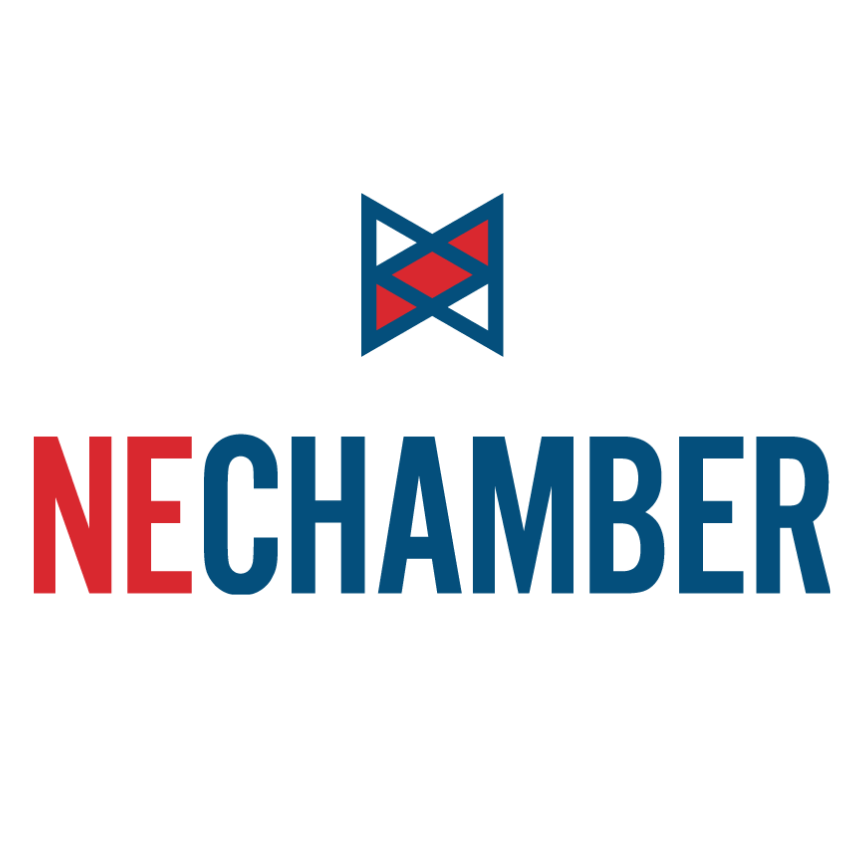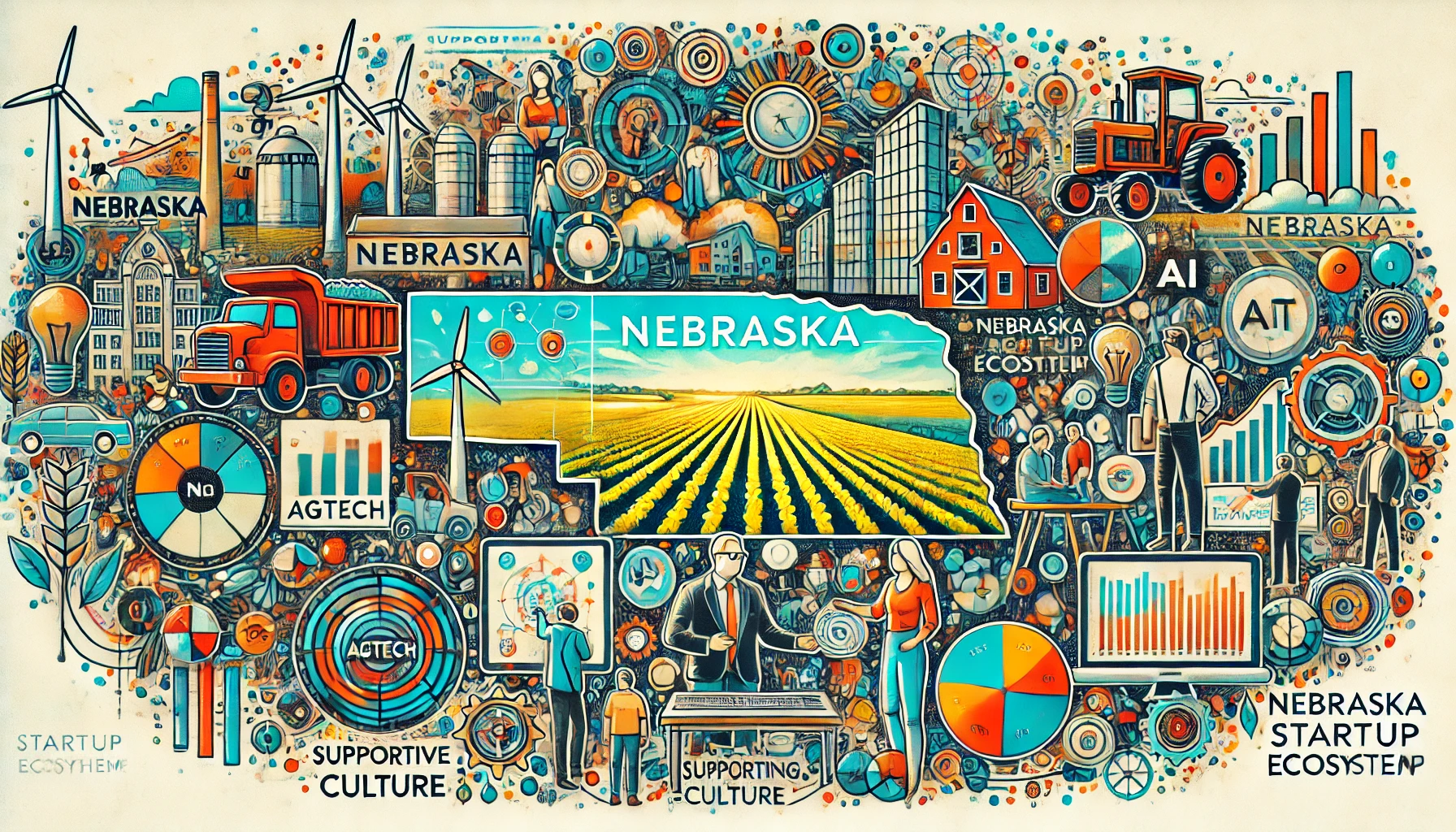A northeastern Iowa agtech startup is developing technology that will change the way farmers plant crops, all while saving them money and reducing environmental impact.
Nora Springs, Iowa’s ReEnvision Ag is one of five agriculture technology companies participating in the AgLaunch 365 accelerator program, which aims to cultivate startups that will transform regional agriculture; create a food economy centered around farmers, innovation and prosperity; and build inclusive, collaborative farmer networks.
ReEnvision Ag’s solution? Swapping the industry-standard disk openers for dibble-style planters. A dibble is a device that pokes a hole in the ground where a seed can then be planted. Dibbles widen the growing window by letting farmers plant earlier, in wetter soil. Dibbles also solve the thorny problem of soil compaction—a phenomenon where stressed-out soil contracts, reduces the amount of water that can infiltrate the ground, and decreases overall crop yield; traditional disk openers, meanwhile, worsen soil compaction.
Unlike dibbles currently on the market, the ReEnvision Ag planting system carries the seed with it, allowing farmers to customize the depth and spacing of seeds and to keep track of each one via geocaching technology.
“By poking the seed into the ground, we can register exactly where that seed is, versus the free drop of seeds now with disk openers,” said Jayson Ryner, company founder. “There’s no way to register where seeds are with the current system.”
BECOME A SPONSOR
Join us in championing the narrative of success, resilience, and ingenuity that defines Nebraska’s startup community. Learn more »
The ReEnvision Ag solution was born out of frustrations Ryner encountered when he returned to farming after a long career as a choral director. (Ryner is currently on sabbatical from teaching music at North Iowa Area Community College.)
Describing himself as a child of the 1980s farm crisis, Ryner said, “Farming didn’t look that great when I was leaving high school and in college.”
Despite having grown up on his family’s land in northeastern Iowa, Ryner shied away from the profession and pursued a degree in music education instead. After “a whole bunch of years of that” Ryner returned to the farm part-time to reconnect with his roots and teach his two sons the value of hard work, he said.
All was well until Ryner experienced major frustrations sowing corn in 2018 and 2019. Heavy rain made the soil too wet to plant in, narrowing the overall growing window and reducing the amount of crop collected at harvest time. Worse, no one seemed to have a viable workaround.
“I was really surprised by what we didn’t know, and why we did things the way that we did,” he said.
These difficulties inspired Ryner to start looking at AI’s role in agriculture and asking himself what farming might look like in 25 years. His vision? It involves robots.
“I don’t think we’re going to be using tractors,” he said. “Robots are going to be planting and harvesting.”
That’s not a controversial idea. Farmers are already using AI for some aspects of agriculture, Ryner said. But current machinery on the market does not yet support the use of robots for planting, as the process of running disk openers through the soil drains the robots’ batteries.
In search of the solution that would eventually become ReEnvision Ag, Ryner assembled a team of agricultural and technology advisors and went through the University of Iowa Venture School to hone his business skills. He received major support from North Iowa Area Community College’s John Pappajohn Entrepreneurial Center and from his employer, which gave him the time and space to build his startup.
“The college has been aware of and supportive of this venture and me chasing this dream since inception,” he said. “They’ve really supported me, and that’s to the credit of the administration, the board and all the people there.”
Such support prepared Ryner and his team for the challenges and opportunities of the AgLaunch 365 accelerator, where ReEnvision Ag’s business plan will be refined. Halfway through the six-week program, Ryner said the knowledge sharing, networking and exposure to investors have been incredible, and so has the camaraderie. In fact, many of the startups currently in the program are working on solutions that will eventually synergize with one another, he said.
“Every day is a huge, exciting learning process,” Ryner said. “It’s amazing.”



